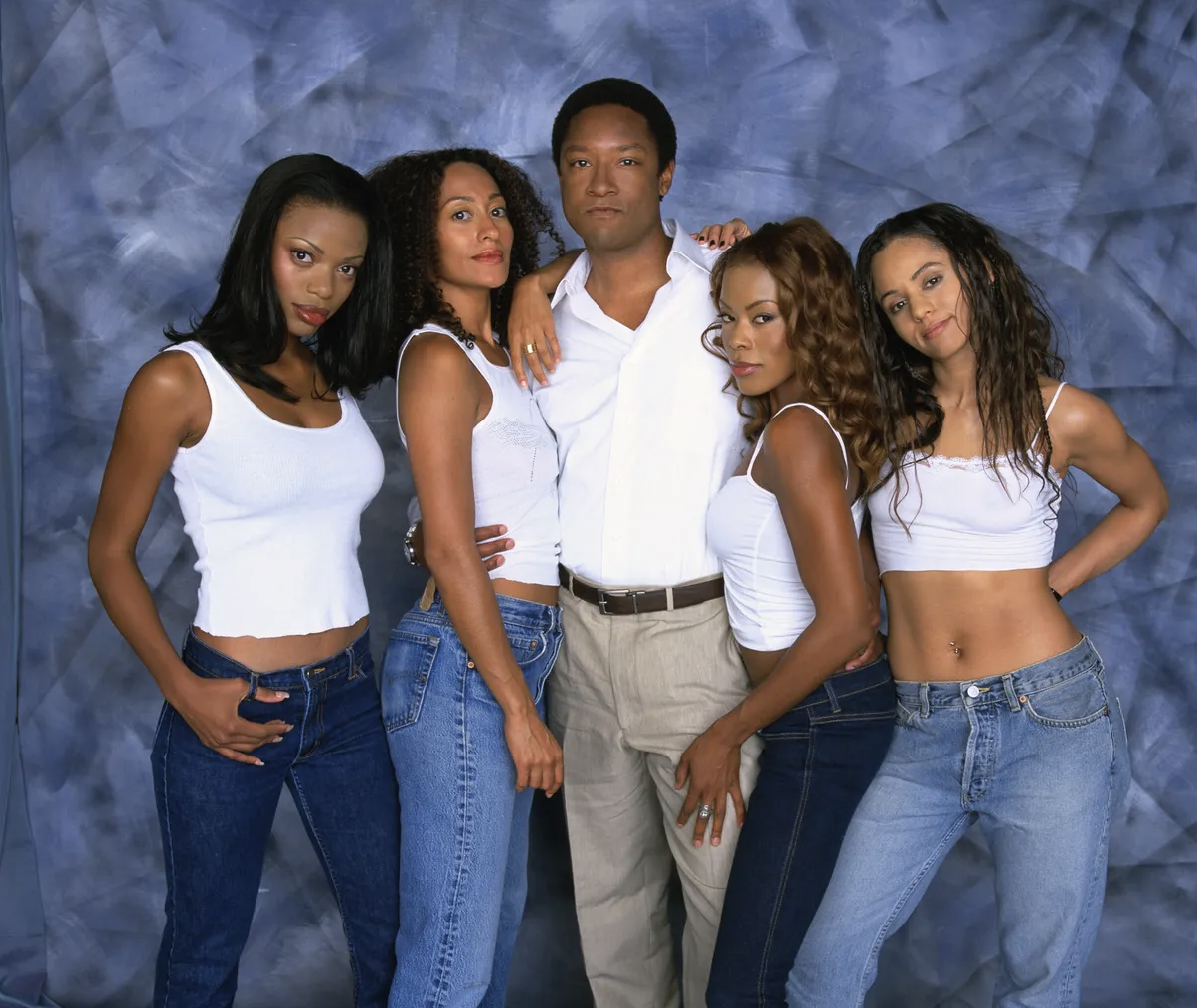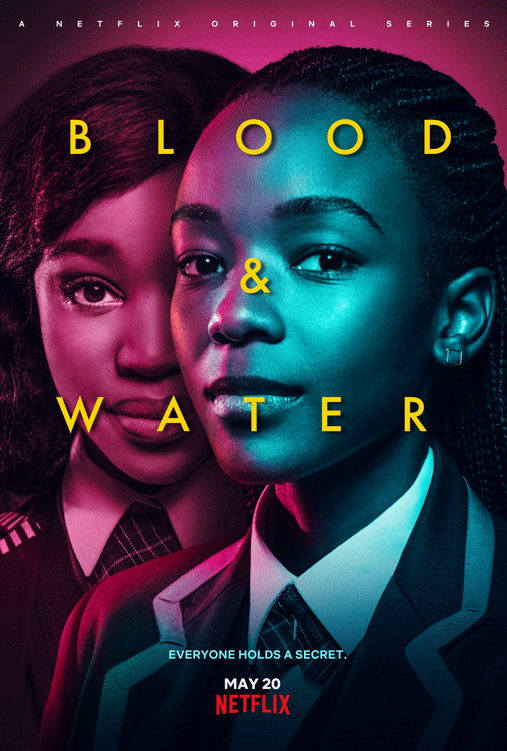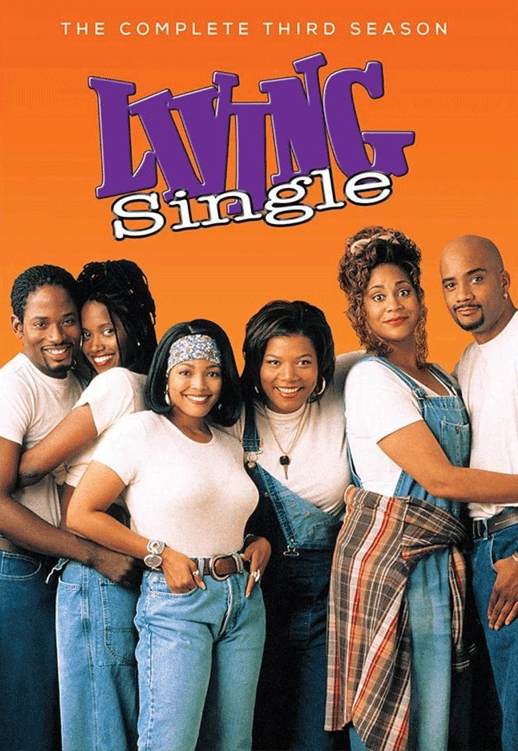Friendships play a crucial role in people's lives, providing them with dependable support throughout their lifetime. Love and belongingness which includes friendships are placed as one of five Maslow's hierarchy of needs. However, the way friendship is depicted in mainstream media can be problematic and oftentimes it creates unrealistic, idealistic and impossible standards for the consumer of these shows or films.
Individuals have an intrinsic need to belong and feel accepted within a group. The general consensus is that man is a social creature and being part of a community brings meaning to people's lives. While they do not choose their families, they select their friends. The strongest glue that binds friendships together is having shared common interests and individuals communicate based on what they have in common. Friends share their experiences, aspirations, and setbacks, playing different roles in their lives, such as confidantes, therapists and cheerleaders.

Sitcoms and movies showcasing friendships are a common sight during adolescence and when watching several of them, there is a similar format that the majority of them follow. These shows allow viewers to experience the characters' exaggerated and unrealistic lives vicariously. There are numerous reasons why these types of shows are continuously created, even though they are a repetition of ten other shows. The most prevalent theme in these shows is that their co-dependency is off the charts and this is coupled with the main character's energy syndrome that may arise from the "leader of the group." This is evident with Joan from the 2000 show, Girlfriends and Nandi from the 2014 movie, Happiness is a Four-Letter Word.
These shows can have a negative impact on teenagers or young adults who are trying to find their footing in life, their impressionable fragile minds in the frivolous social media era can feel overwhelmingly lonely by these portrayals of friendships. It can trigger anxiety and depression and may make us feel inadequate or outsiders who are not able to sustain these unrealistic standards of friendships. According to CBS news, a 2014 study that found people who binge-watch television tend to be among the most depressed and lonely. This touches on the United Nations Sustainable Development Goals for Good Health and Well-being which deals with mental health. Following the pandemic, most have been indoors and binged on these shows, some people have been locked up alone and these shows could have a negative impact on the mental well-being of those who consume them without realizing it.
It is important to note that, the way friendship is illustrated in movies and TV shows may cause people to have a distorted vision of how friendship is supposed to look. In sitcoms, the group of friends are with one another almost nonstop and are involved in nearly every aspect of one another’s lives. Since such shows are part of an individual’s life since their childhood, their portrayal of friendship moulds how one views friendship consciously or subconsciously. This, in turn, may make most individuals feel isolated from society or worse it may make them feel inadequate for not being able to keep up with these unrealistic friendship goals.
On the surface, these shows may appear to be fun, light-hearted and upbeat and people watch them escape their mundane lives. These characters' lives are often consistently adventurous, even their perfect appearance when they are at home with heels on is impractical. These factors could result in them creating a void that cannot be fixed because these shows operate outside of the realm of realism.
In real life people change friends, they have busy lives and often slip in and out of friendships throughout their lives or they may have friends for different occasions as opposed to one standard group of friends. This notion of friends who are always together is also reinforced in shows such as but not limited to & Blood Water, Grown-ish, Harlem, Insecure and in Living Single which is touted as the inspiration behind Friends.

These shows promote conformity while individuality is frowned upon. When examining how friendships are portrayed in the media, it's easy to overlook that individuals lead their own unique paths and journeys, making it unrealistic to always remain in the same social circles throughout their lives. As individuals progress from primary school to high school, tertiary education and work, they encounter new acquaintances and may also lose old ones. Some may outgrow friends from primary school, while others may choose to sever ties with people who are toxic. These shows make people feel guilty for wanting to refrain from interacting with people even to the detriment of their own minds. It is important to protect one’s peace and cutting ties or building distance from other people is an important way of doing it.

It is important to note that these shows serve as a form of escapism from everyday struggles, monotony and boredom. However, conscious consumption is essential. The messages conveyed through these shows can have a profound impact on us without our awareness. These shows should be taken at face value and not personalized. It is crucial to remember that these shows are intended for entertainment, and media houses profit from selling escapism. Therefore, it is up to consumers to differentiate between reality and fiction.
